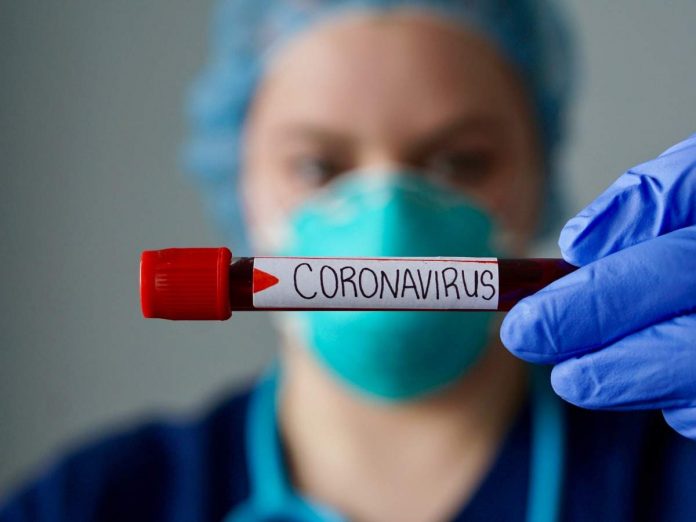
Nova Scotia reported seven new cases of COVID-19 in the province’s Central Zone on Friday.
With nine previously-identified cases now considered resolved, the number of active cases in the province has dropped from 50 to 48.
All seven new cases are located in the province’s Central Zone. Five of the cases are close contacts of previously-reported cases. The other two cases are related to travel outside of Atlantic Canada. The people are self-isolating, as required.
“As we head into the last weekend before Christmas, let’s remember that we must stay vigilant to contain the virus,” said Premier Stephen McNeil. “Following public health guidelines has allowed us to slow the spread, and we need to keep up that good work because we know the virus wants us to let our guard down.”
Nova Scotia’s daily new COVID-19 cases have been in the single digits since Dec. 5.
“As our case numbers decline, we need to continue to limit our social contacts and non-essential travel. Stay home if you are feeling unwell,” said Dr. Robert Strang, Nova Scotia’s chief medical officer of health. “By following all the public health measures, we are protecting one another and slowing the spread of COVID-19.”
NEW TESTING REQUIREMENTS FOR ROTATIONAL WORKERS, POST-SECONDARY STUDENTS
Nova Scotia has announced new recommendations on testing for rotational workers and post-secondary students who return to the province from outside of Atlantic Canada after the holidays.
Rotational workers are now asked to get two tests during their modified self-isolation. Since Dec. 4, rotational workers have been asked to get a test on day 6, 7 or 8. There is now a recommendation to be tested on day 1 or 2.
Workers must still complete the full 14 days of modified self-isolation, even if they have negative test results.
Starting Jan. 4, post-secondary students from outside Atlantic Canada who return after the holidays and don’t have symptoms must get one COVID-19 test on day 6, 7 or 8 of their self-isolation.
Returning students must complete the full 14 days of self-isolation, even if they have a negative test result.
“While asymptomatic testing is voluntary, it is strongly recommended as an added layer of protection for rotational workers and students, their families and households, and their communities,” said Dr. Robert Strang, chief medical officer of health. “By getting tested, you’re helping us detect the virus early enough to isolate household contacts before they can unknowingly spread the virus to others.”
DEADLINE TO BOOK ASYMPTOMATIC TEST EXTENDED
Nova Scotia Health is continuing asymptomatic testing in the province, with the aim of helping to detect positive cases in people who do not have symptoms, and limit the potential spread of the virus.
The deadline to book an asymptomatic test had been Friday, but the deadline has been extended so Nova Scotians can continue to book tests into January.
“We know that asymptomatic testing plays an important part in containing the virus,” said Premier Stephen McNeil. “That’s why our testing strategy has continued to evolve. I want to thank people for coming forward to get tested, and all those involved in administering and processing the tests.”































